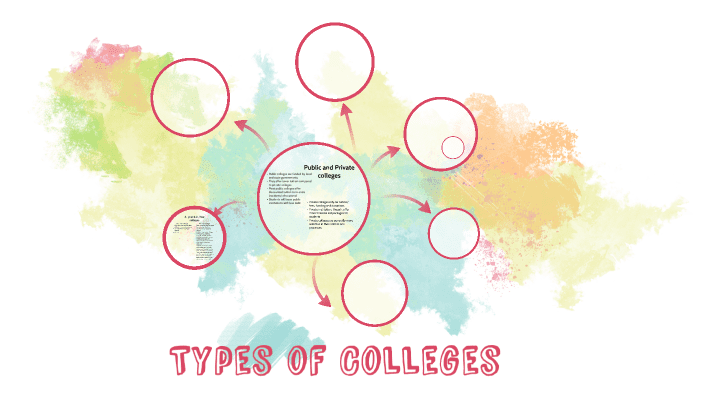In a previous blog, I gave five tips to help students find their perfect college match. In the article, I asked students to reflect on what they need around them to flourish, by which I meant what they need to feel comfortable during their time living at college. In this blog, I’m going to explore this further by looking in more detail at just one aspect that students should consider: how does the setting and location of a college contribute to the college experience?
It is easy to underplay the impact your college can have on your college experience. While the course offering and teaching are obvious things to consider, it is important to remember that only part of your time will be spent pursuing academic activities; college consortium is and should be about more than getting a degree. By reading this blog, I hope it will help you identify the factors that will help make your college years some of the best in your life.
Key questions to consider
Before you start looking at which college offers majors in whatever it is you want to study at college, start by answering the questions below. Your responses will help you identify very practical matters and more subjective and personal desires and needs, all of which can be critical in finding your perfect college location.
-
What setting do you want your college to be located in, rural, suburban, or urban?
-
The weather may be very different from what you are used to. Do you prefer somewhere hot and sunny, or are you happy even when there is deep snow on the ground?
-
What kinds of recreational opportunities and amenities, including shops, are in the area?
-
If you are not going to have a car, how easy is it to get around using public transport or taxis?
-
What are employment opportunities like for students looking for internships?
-
The size of the campus, in terms of acreage, can be a factor. campuses can require a half-hour walk to get from one side to the other. What suits you?
-
Do you prefer a distinct campus where all the main buildings and accommodations are in the same area, or are you happy with it merging into the surrounding community?
-
Do you want housing available all four years, or are you happy to move out of campus at some point?
-
What is the relationship between the college and the surrounding community?
-
What is the average cost of living and the general quality of life?
Rural, suburban, or urban- Which setting is right for you?
Whichever is best for you, there will be great college options to match. If you want to experience an outdoor lifestyle and pursue sports associated with the countryside, then a rural option may suit you.
Colleges in smaller cities or suburban locations can offer a mix of being able to reach everything that a nearby city can offer while also being not too far from some open country.
Both Suburban and rural colleges tend to have a stronger community with more on-campus activities to take part in.
Being in a big city gives you access to various activities, from concerts, theatre, and art exhibits to shopping and nightlife, but on-campus activities may be less prevalent since students can easily head off-campus.
Weather and Climate- How much does it matter?
If you are an international student, the weather experienced by the colleges you consider will likely be different from what you experience at home. Understanding what you will face helps you to make the right choice. Typically, the further north you are, the colder and longer the winter months; colleges in the USA, close to the Great Lakes, can experience extremely cold winters with lots of snow, while California is rarely troubled by frost. For some, the opportunity to experience a very different climate, with the opportunity to try skiing and other winter sports, can be a great attraction.
Transportation: Getting There and Getting Around
Think about how easy it will be to travel from home to college and back again. International students can face long flights to the USA; once you are there, you may face a further grueling journey to reach your destination. Most colleges and universities will have an airport nearby, but these may only receive domestic flights, meaning waiting at airports and changing from domestic to international terminals.
You should also consider how easy it is to travel around the college vicinity; some urban areas have great public transport, while others don’t. In more rural areas, colleges may offer regular bus transportation for their students to help them go downtown shopping or for a night out.
College and Community Fit: Finding the Right Balance
The fit between the college and the local community can be an important consideration. There are numerous examples of colleges being located in cities and towns which don’t sit comfortably together. In some cases, it might be that the surrounding area is affluent retirees and so offers little in the way of cheap eating and nightlife; another college might not feel safe to leave the campus at night due to high levels of crime.
Final thoughts
There are, of course, no right or wrong answers to these questions, and neither are the options a binary choice between one or the other, but what Ivy Central hopes these questions do is to cause you to think about what you want from your college experience, beyond the academic study. Your choice of colleges to apply to should reflect all of these considerations and, by doing so, set you up for a great college experience and introduction to UCAS.






